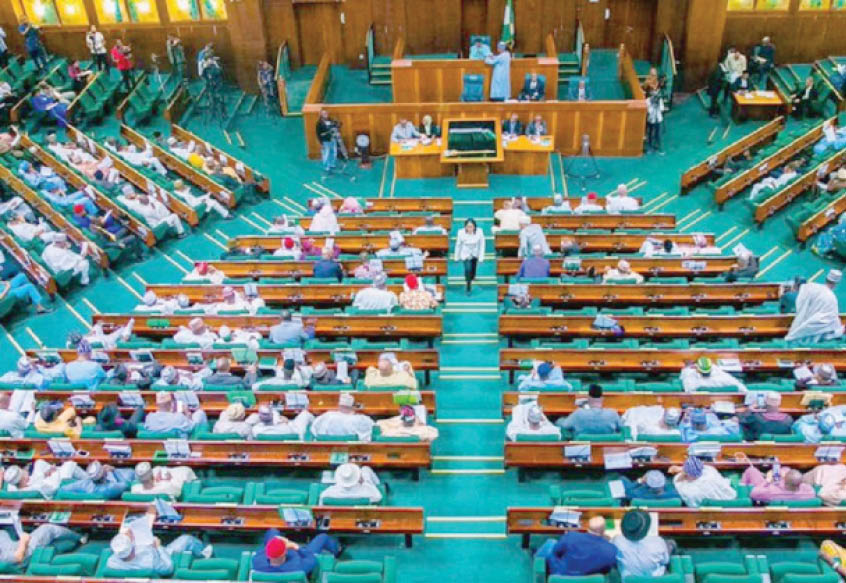An inquiry into MultiChoice Nigeria’s nonpayment of approximately N1.8 trillion and $342 million in taxes to the federal government has been mandated by the House of Representatives.
Additionally, the House issued a warning to prospective purchasers of Multichoice Nigeria, Multichoice Africa, or any other Multichoice Group subsidiaries doing business in Nigeria, alerting them to the possibility that their documents concealed an alleged outstanding debt.
Following the acceptance of a motion made by Hon. Saidu Abdullahi (APC, Niger) during Wednesday’s plenary, these resolutions were passed.
In his motion, Abdullahi stated that Multichoice, a well-known international company with operations in Nigeria, has been charged with failing to pay taxes owed to the Federation, as demonstrated by the concealment of data gleaned from submissions made in their nation of origin.
He added that as part of a whistleblower contract, the Federal Inland Revenue Service (FIR) hired a consultant in 2021 to audit Multichoice Nigeria’s and MultiChoice Africa’s tax liabilities in order to determine the company’s tax due to the nation.
According to the congressman, the FIRS conducted a back audit and inquiry from 2011 to 2020 as a result of their findings.
According to Abdullahi, the FIRS’s prior attempts to collect the overdue taxes through the legal system, including court cases and the parties’ subsequent decision to settle out of court, did not have the intended outcome.
“The systems audit and investigation revealed enormous indebtedness to the tune of over N1.8 trillion in back taxes for MultiChoice Africa, which had never paid any taxes since they began operating in Nigeria, and $342 million in value-added tax for MultiChoice Nigeria,” the speaker stated. The Multichoice Group was assessed both amounts by the FIRS.
“As long as this tax debt is unpaid, plans are in place to sell Multichoice Nigeria and other Multichoice Group subsidiaries to a foreign interest. If swift action is not taken to recoup these tax revenues from the Multichoice Group, Nigeria could lose enormous amounts of money that could revitalize the economy.”
